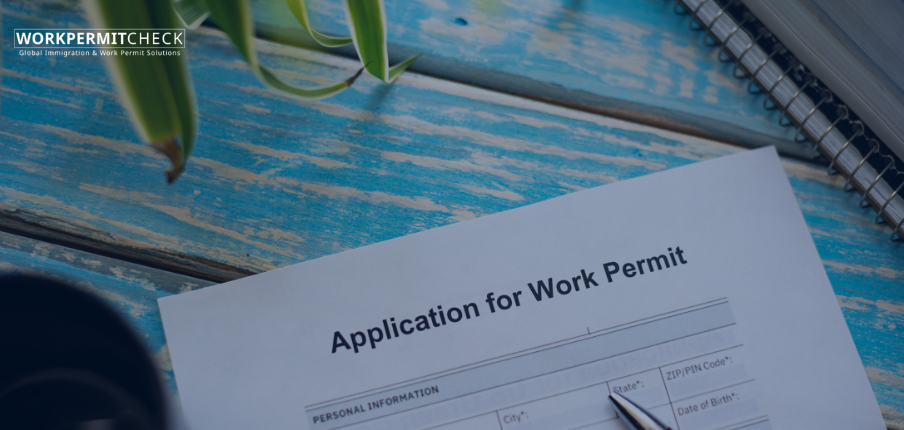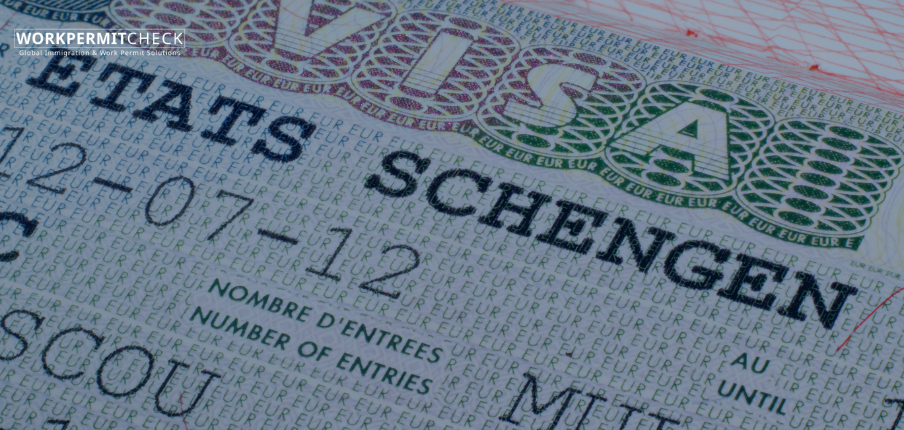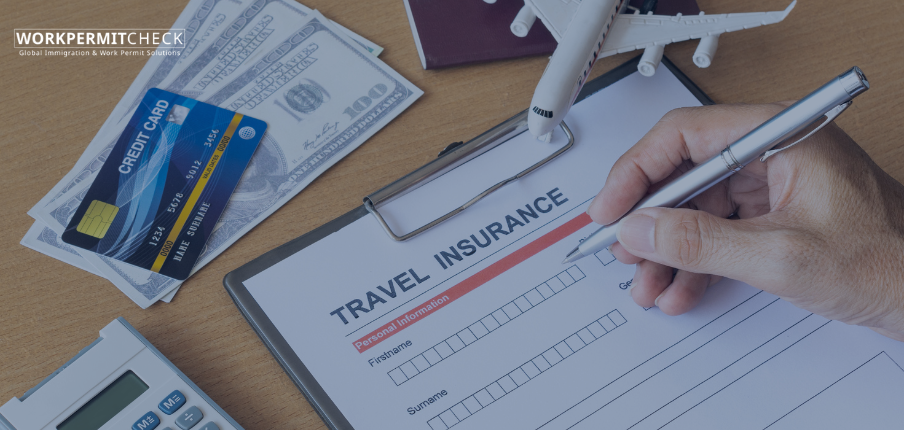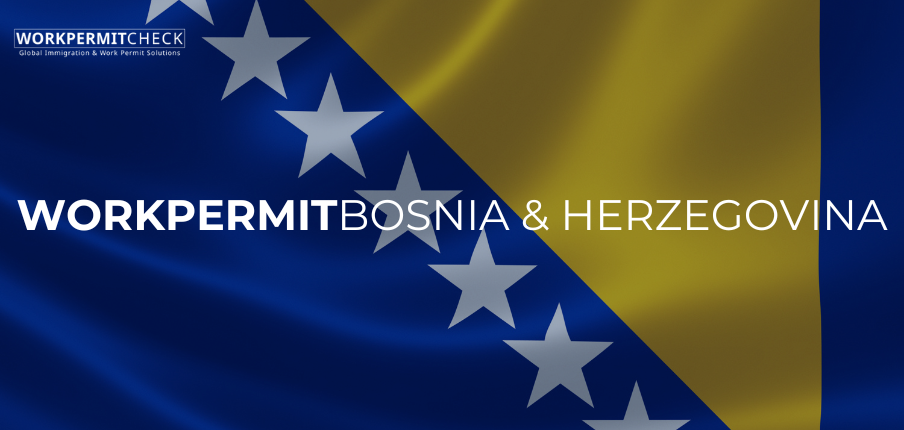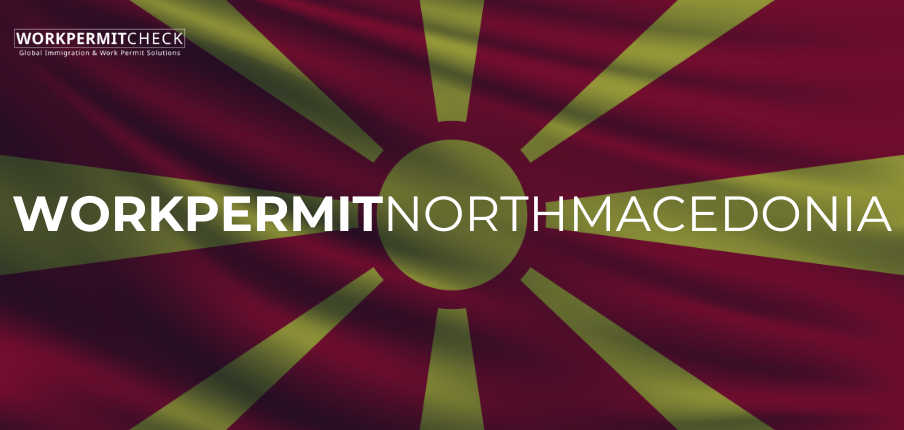Introduction
When professionals move abroad for employment, they often bring their spouses or children along as dependents. A common question in such cases is: Can my dependents work while I’m on a work permit? The answer depends on the immigration rules of the host country, the type of work permit issued, and the specific visa granted to the dependent. In this blog post, we explore the conditions under which dependents are allowed to work, along with examples from popular destinations.
Who is Considered a Dependent?
In most countries, dependents include:
-
Spouse or common-law partner
-
Children under a certain age (usually 18 or 21, depending on the country)
-
Occasionally, other close relatives (e.g., elderly parents), but work rights for such categories are rare
General Rules for Dependents Working
Whether dependents can work typically depends on:
-
Type of the primary applicant’s work permit
-
Type of dependent visa issued
-
Local labor laws and immigration policies
Some countries allow open work permits for spouses, while others may require dependents to apply separately for a work permit or job offer.
Country-Specific Policies
Canada
-
Spouses of skilled workers (in TEER 0, 1, 2, or 3 jobs under NOC) are eligible for an open work permit, allowing them to work for any employer.
-
The open work permit is typically valid for the same duration as the primary applicant’s permit.
-
Dependent children are generally not eligible to work unless they apply for their own work permit (e.g., after turning 18).
United States
-
Spouses of H-1B visa holders (H-4 visa) can work only if they apply for and receive an Employment Authorization Document (EAD). EAD eligibility is limited to H-1B holders on the path to permanent residency (green card).
-
Dependents of L-1 visa holders (L-2 visa) are eligible to work and can receive automatic work authorization in many cases.
-
Children under dependent visas are not allowed to work.
United Kingdom
-
Spouses of Tier 2 (Skilled Worker) visa holders are allowed to work freely in most jobs (except as a professional sportsperson).
-
They do not need a separate work visa.
-
Children over the legal age for work must apply separately if they wish to work.
Australia
-
Spouses or partners of Temporary Skill Shortage (TSS) visa holders (subclass 482) can work unrestricted.
-
The same applies to many other skilled worker categories.
-
Dependent children may work if they are old enough, but typically must comply with age and labor regulations.
Germany
-
Spouses of Blue Card holders or other highly skilled workers can usually work without restriction if they have a residence permit.
-
There is no requirement for separate job offers or sponsorship.
United Arab Emirates
-
Dependents on a family residence visa cannot work unless they secure a job and have the employer sponsor a work permit.
-
This means dependents can reside, but cannot automatically work.
Requirements for Dependents to Work
Even in countries that allow dependents to work, there are often administrative steps:
-
Valid dependent visa with explicit permission to work
-
Work permit application, if not exempt
-
Tax registration or local social security enrollment
-
Minimum age or educational qualifications in some cases
Benefits of Allowing Dependents to Work
-
Financial Support: Dual incomes can ease the financial burden in a foreign country.
-
Career Development: Dependents can continue their professional growth.
-
Social Integration: Working can help dependents integrate better into local society.
-
Pathway to Permanent Residency: In some countries, employment experience of dependents may count toward residency requirements.
Limitations and Restrictions
-
Not all employers may be willing to hire individuals on dependent visas.
-
Some professions may be regulated (e.g., law, healthcare) and require additional certification or licensing.
-
Local language proficiency may be a barrier in non-English-speaking countries.
Conclusion
Whether or not dependents can work while you are on a work permit depends heavily on the country’s immigration policy and the type of visa they hold. In many high-skilled immigration destinations like Canada, the UK, and Australia, spouses of work permit holders are allowed to work, often without restrictions. However, in others like the UAE or the US (for H-4 visa holders), the rules are stricter, and additional authorization may be required.
Disclaimer: This article is for informational purposes only. Visa policies can change frequently. Always consult the official immigration authority or a licensed immigration advisor to get guidance tailored to your situation.
May 23, 2025






